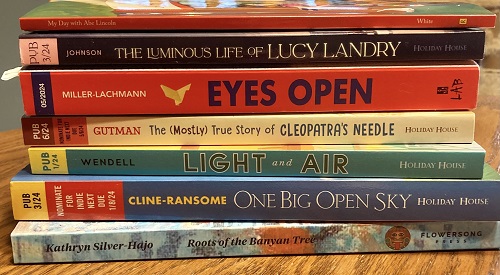The Lowland
Jhumpa Lahiri’s stunning novel, shortlisted for the 2013 Booker Prize, tells the story of two brothers, Subhash and Udayan Mitra. Born in Calcutta just as India gains its independence, the boys are inseparable through childhood. But as they grow into adulthood, the slightly older, more conservative Subhash focuses on academia, while Udayan is drawn into the militant Naxalite movement, a communist group responsible for terrorist activities in India in the 1960s.
Subtash moves to America to pursue his studies in oceanography in Rhode Island and lives quietly, still with the traditional expectation that he will return to India and marry a girl chosen by his parents. Udayan, in contrast, remains at home, but confounds the family by marrying a young student, Gaura, and becoming so implicated in extremist politics that his freedom and his life are at risk.
The Lowland spans continents and decades effortlessly. The consequences of Udayan’s choices and Subhash’s response to what happens become the story of Subhash’s whole life, as well as the lives of academically brilliant Gaura and her daughter, Bela.
This is a novel that reads like an epic but is wonderfully spare in its telling. Lahiri’s feel for language, nuance, rich metaphor and symbolism – from the Lowland of the title to the post-colonial Tolly Club and the sweeping beaches of Rhode Island – make this a masterful novel. But it is more than this. In The Lowland, Lahiri manages to create that rare combination: a powerful story with fascinating, complex characters, every bit as enchanting to the reader as the beauty of her prose.










